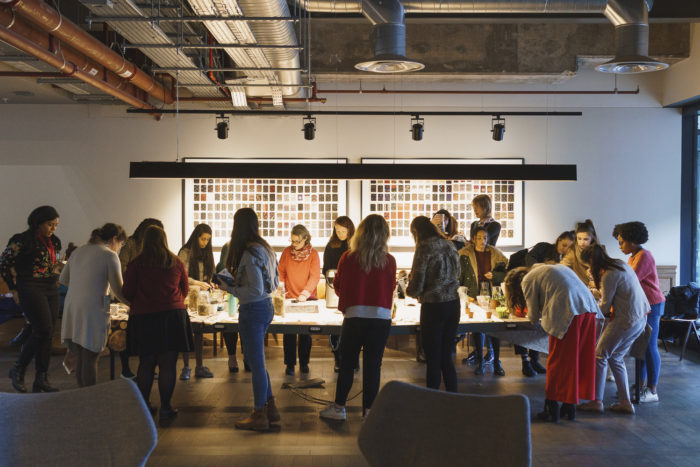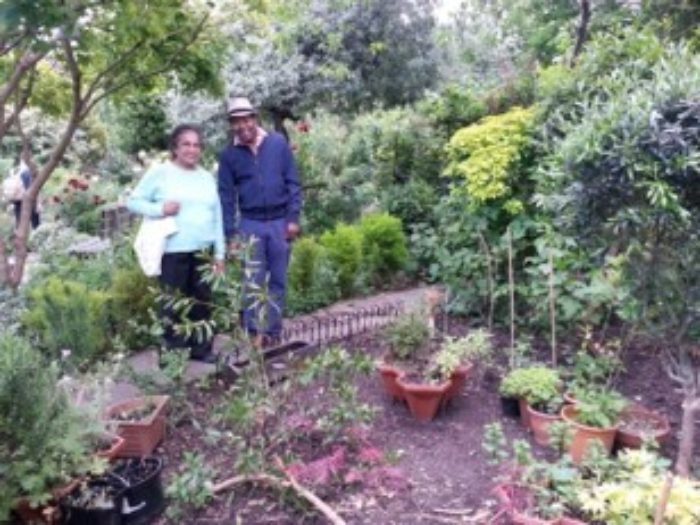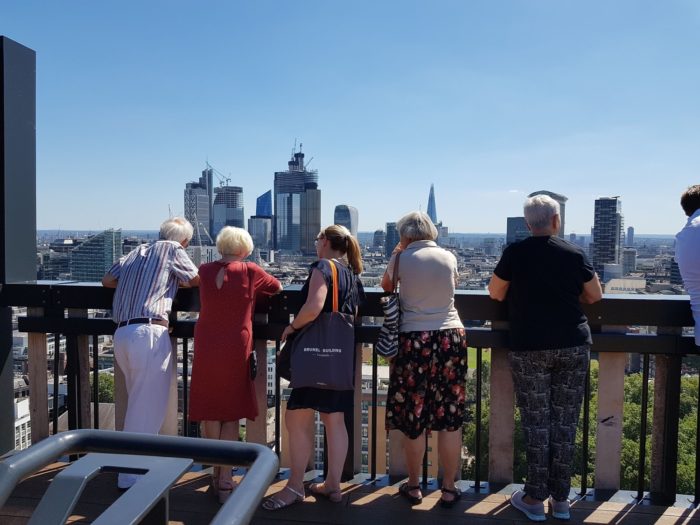I have always admired the strength of the communities in which we operate, but in recent weeks, the response to the pandemic has been nothing short of amazing as people build their own resilience to this crisis.
We are an investment company with a long-term view and our communities of occupiers, residents, restaurants, shops, local workers, support services, charities and hospitals are all important to our business. I want to address community resilience, what we can learn from the response to Covid-19, how we can build on it as we move into recovery, and why now, more than ever, it is at the centre of our sustainability efforts.
This crisis has seen so many networks come together to support those affected. For example, the Soup Kitchen in Fitzrovia has been supported through our Community Fund over the years. We have been working with local hospitals such as University College Hospital to help them with donations such as funding commercial fridges for NHS workers to store food, as well as providing operational support of free accommodation and car parking for hospital workers. We are humbled by what we are seeing and will continue to work with groups that are helping those most in need as we deploy our topped-up funds, now totalling £696,000 (including waiving 20% of director salaries) announced in April, with a number of our team volunteering.
It is clear that we can all learn from this pandemic and there will be much more to do. We are seeing the importance of wellbeing and staying connected: talking to our communities as we plan ahead will remain critical as we think about adaptable spaces. Over the years we have adopted a long-life loose-fit design approach – integrating flexibility, accessibility and wellness into our buildings and this is will continue to evolve, so we can allow people to drop in and engage. It will be as important as ever to think early about space – how we use it now and into the future.
Working closely with our communities aligns with our broader sustainability goals including balancing our environmental impact. The Covid crisis doesn’t take away from the equally pressing need to respond to climate change. In fact, our collective response to Covid has provided us all with a model call to action on climate, waste reduction and biodiversity – which are all incredibly important to our communities, enabling them to become more resilient. So, it’s more important than ever that these environmental goals stay at the top of our agenda – and it’s why Derwent is still committed to our objective to become net zero carbon by 2030. We must all push forward as an industry and work together with a joined up, targeted approach.
As we slowly move into recovery from this unprecedented pandemic, Derwent London is looking at our role as a business in a post-Covid world. It is about early engagement, being innovative and planning for the future.
But above all it is about listening – the best superpower anyone can have. Too often developers do not engage with their communities early enough and that needs to change. We can learn more about their concerns, what they want from the built environment, and what support they need.
If we listen better to our communities, we will learn more and build better buildings that stand the test of time socially and environmentally. We will have stronger and more sustainable local economies supported by occupiers and local business, with robust support networks – that is something we all aspire to.

Time to Talk day at White Chapel Building

Community gardening - Stuart Low Trust

Teatime visit to White Collar Factory for St Luke's History Group
